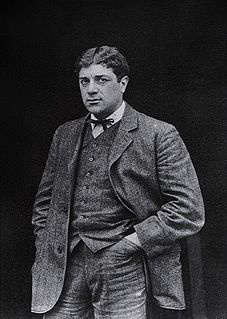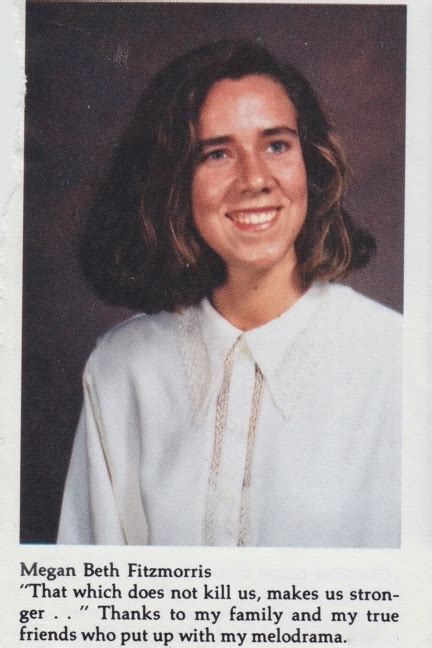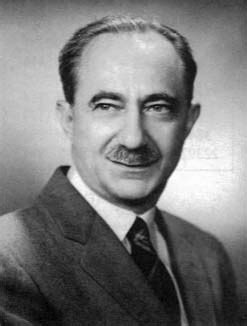A Quote by Archibald MacLeish
If the poem can be improved by the author's explanations, it never should have been published.
Quote Topics
Related Quotes
Because every book of art, be it a poem or a cupola, is understandably a self-portrait of its author, we won't strain ourselves too hard trying to distinguish between the author's persona and the poem's lyrical hero. As a rule, such distinctions are quite meaningless, if only because a lyrical hero is invariably an author's self-projection.
To me a book is a message from the gods to mankind; or, if not, should never be published at all. A message from the gods should be delivered at once. It is damnably blasphemous to talk about the autumn season and so on. How dare the author or publisher demand a price for doing his duty, the highest and most honorable to which a man can be called?
Plagiarism has been around far longer than the Internet. In fact, I had a poem published in 'Seventeen' magazine when I was 15 years old. About a year later I was informed that there was a girl who used that same poem to win a statewide poetry competition in Alabama. It took months for people to put together that this had happened.
I don't know what started me, I just wrote poetry from the time was quite small. I guess I liked nursery rhymes and I guess I thought I could do the same thing. I wrote my first poem, my first published poem, when I was eight-and-a-half years old. It came out in The Boston Traveller and from then on, I suppose, I've been a bit of a professional.
The two important facts I should say, are emotion, and then words arising from emotion. I don't think you can write in an emotionless way. If you attempt it, the result is artificial. I don't like that kind of writing. I think that if a poem is really great, you should think of it as having written itself despite the author. It should flow.
Introduction To Poetry I ask them to take a poem and hold it up to the light like a color slide or press an ear against its hive. I say drop a mouse into a poem and watch him probe his way out, or walk inside the poem's room and feel the walls for a light switch. I want them to waterski across the surface of a poem waving at the author's name on the shore. But all they want to do is tie the poem to a chair with rope and torture a confession out of it. They begin beating it with a hose to find out what it really means.






































